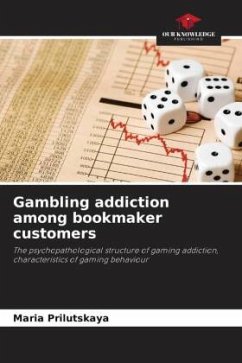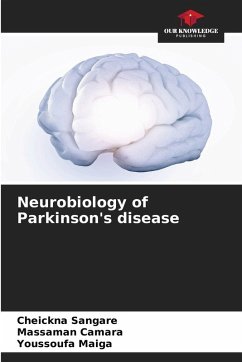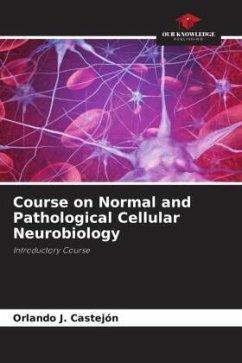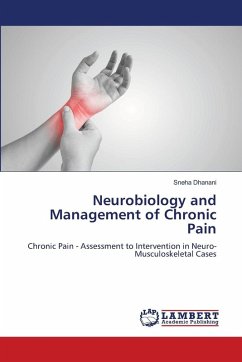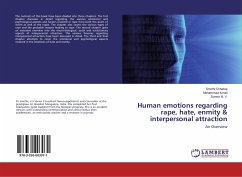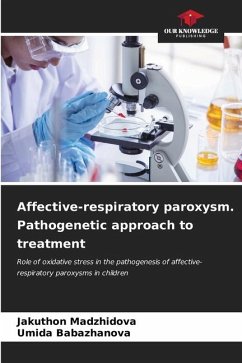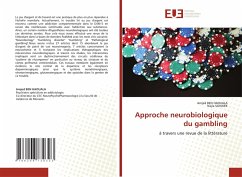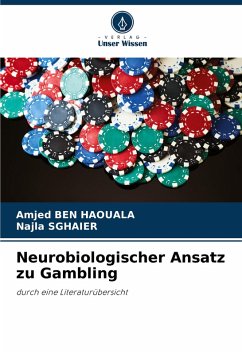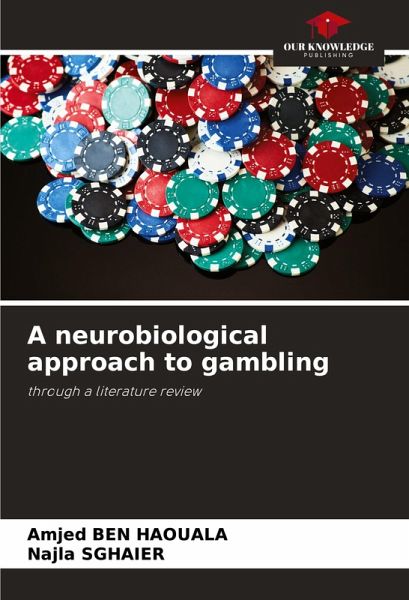
A neurobiological approach to gambling
through a literature review
Versandkostenfrei!
Versandfertig in 6-10 Tagen
29,99 €
inkl. MwSt.

PAYBACK Punkte
15 °P sammeln!
Gambling is an increasingly widespread practice worldwide. Currently, gambling disorder is recognized as a behavioral addiction in the DSM-5 due to its many similarities with substance addiction. As a result, a number of neurobiological hypotheses have been tested in recent years. To this end, we carried out a literature review in the PubMed database using the following keywords: "Neurobiology" "Gambling disorder" "Gambling" and "Pathological gambling".27 articles were included, 15 of which addressed gambling from a neuroimaging perspective, 7 concerned neurochemistry and 5 dealt with the ther...
Gambling is an increasingly widespread practice worldwide. Currently, gambling disorder is recognized as a behavioral addiction in the DSM-5 due to its many similarities with substance addiction. As a result, a number of neurobiological hypotheses have been tested in recent years. To this end, we carried out a literature review in the PubMed database using the following keywords: "Neurobiology" "Gambling disorder" "Gambling" and "Pathological gambling".27 articles were included, 15 of which addressed gambling from a neuroimaging perspective, 7 concerned neurochemistry and 5 dealt with the therapeutic implications of neurobiological mechanisms. Through these studies, the mechanisms involved are a dysfunction of "reward system" brain circuits, particularly in the striatum and ventromedial prefrontal cortex. These studies also highlighted the central role of dopamine and dopamine receptors, as well as noradrenergic, serotonergic, glutamatergic and opioid systems, in the genesis of this disorder.





